It has been 25 years since the Rwandan genocide against the Tutsi. We can not possibly understand the devastation of this event on the lives of people living in Rwanda or those who fled, and we won’t pretend to. What we can report, based on conversations with farmers and washing station owners, is how coffee has helped some people rebuild their lives.
Rebuilding home and family – Marcel
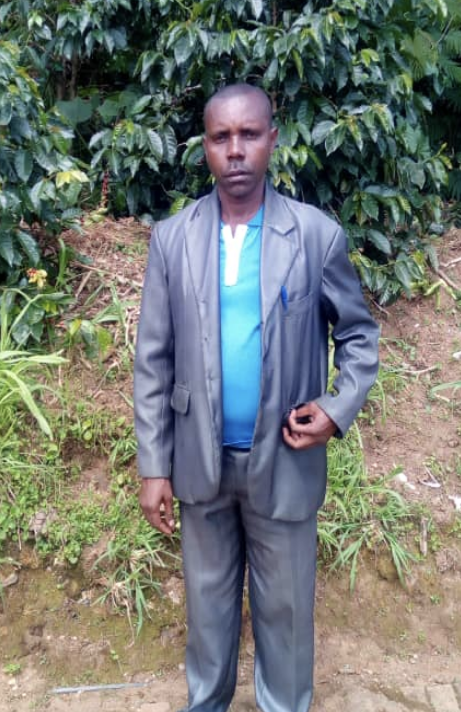
Marcel is a producer delivering cherries to the Gitesi Washing Station. The genocide left him an orphan. His house was destroyed and his property forcefully taken from him, leaving him bankrupt. He said the genocide left him traumatised, but he finds solace in his wife and children.
Marcel’s farm is 2200 m2 (0.22 of a hectare). When he returned to his land in 1995 he had 240 trees. He has grown that number to 560.
The premiums he earns as a producer of specialty coffee have contributed significantly to his current financial stability. He was able to build a new house for his family, and taking care of his family is his priority.
“I am proud of [being able to] to sell my coffee cherries to a coffee washing station,” Marcel said, adding, “I now know how I can prepare my own coffee to drink at home!”
Rebuilding a country – Josephine Uwiragiye
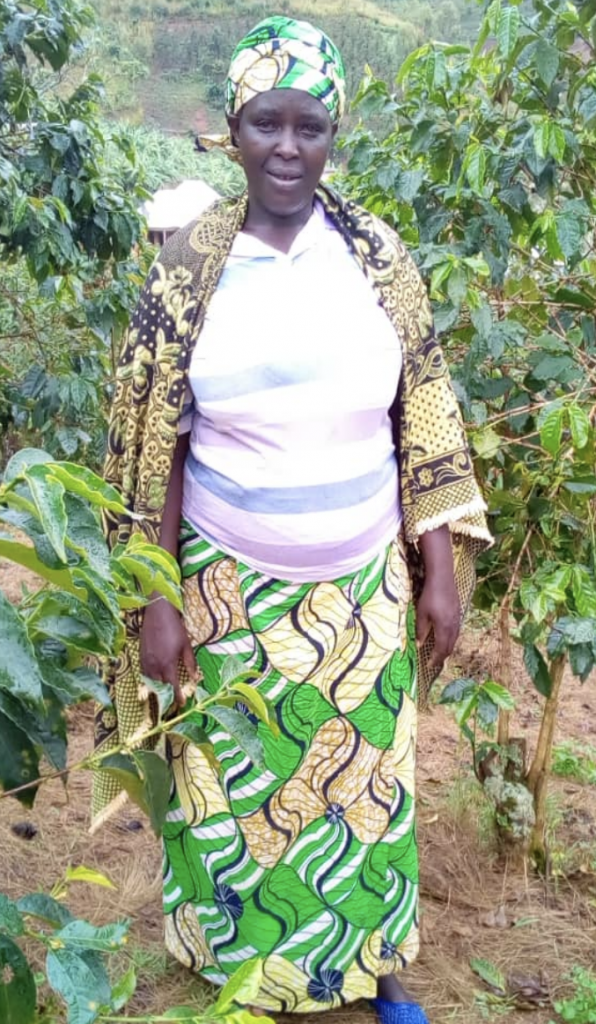
Josephine Uwiragiye delivers cherries to the Mahembe Washing Station. She is the only member of her family to survive the genocide. She also lost all of the coffee trees she had planted on her 2 hectare farm.
The money she has earned as a specialty coffee producer has helped Josephine reconstruct her life. She was able to build a new house and can afford electricity. She bought a few cows which provide milk for her family, and manure for fertilizing the coffee plants. She also pays her childrens’ school fees and is proud she can pay for medical insurance for her entire family. She said her life has been changed so much for the better compared to previous years.
Coffee also gives Josephine a sense of shared achievement with her compatriots. She said she feels included in the development of her country, that she has not been left behind.
When asked if she had a message for roasters, Josephine said she hoped more coffee buyers would consider Rwanda.
Why we buy in Rwanda
It is gratifying to be part of this restoration in Rwanda, but that is not the main reason why we buy coffees here. Despite the challenges in finding a market for this origin, we love Rwandan coffees for their profile which is different from almost anything else from East Africa. They are somehow between the very intense Kenyans and Ethiopians and South/Central Americans: bright, complex and fruit driven, yet very balanced and rich. Typically they boast flavours of red berries, currants, red grapes, stone fruit, and citrus, and they work beautifully as both as espressos and filters. Rwanda is also a great place for roasters wanting to develop long-term relationships with producers and washing stations.
We are traveling to Rwanda this June! Join Jamie and discover the potential of Rwanda, and the great impact you can have as a coffee buyer. Find out more.
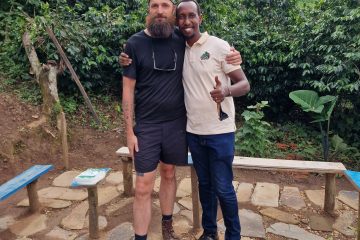
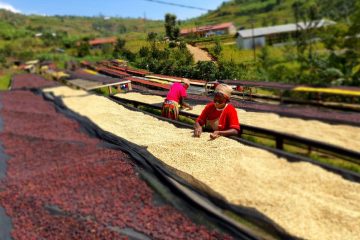
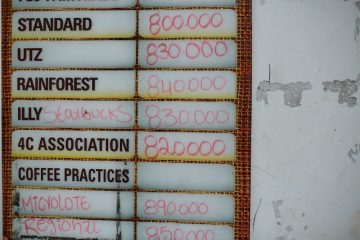
0 Comments